Selling is an integral part of our life – Kevin Raymond
In this exclusive interview Blessing Umebali, Publisher/Editor-In-Chief of Brandmatters Magazine, sits down with Kevin Raymond, a seasoned Business Development Consultant and Sales Coach, to discuss the art of effective sales strategies and leadership development. He believes that effective global leadership requires a combination of empathy, adaptability, and a strong sense of integrity. With a wealth of experience in guiding professionals towards success, Kevin shares his intellectual perspectives on how to navigate the inevitable rejections that come with sales, and how to build sturdy resilient leaders who can bloom in today’s fast-paced business landscape.
What strategies do you apply to motivate and hold sales teams accountable?
As a sales coach, I apply a blend of high-performance mindset coaching with data-driven strategies to keep teams motivated and accountable. My approach focuses on setting clear, measurable goals with weekly check-ins to track progress. I encourage sales leaders to foster transparency by openly sharing both successes and challenges, which creates a culture of accountability. We work on building resilience, celebrating small wins, and adjusting targets when necessary to maintain momentum. Tools like performance dashboards, combined with personalized coaching sessions, help sales teams stay motivated while holding themselves accountable for results.
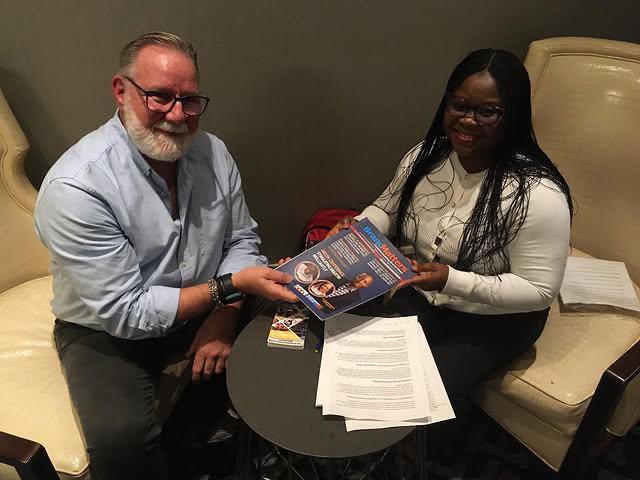
How can sale personnel overcome rejection and self-doubt in sales?
Rejection and self-doubt are two of the most common challenges I address with my clients. I help sales professionals overcome these obstacles by focusing on mindset shifts. We dive deep into recognizing that rejection is a natural part of the sales process and does not define their worth. I use practical exercises to help them reframe failures as opportunities to learn, while offering role-playing sessions to build their confidence in high-stakes situations. Self-doubt is combated with incremental goal setting, confidence-building activities, and acknowledging every step forward, no matter how small. This reinforces a sense of progress and helps sales professionals detach from negative outcomes.
What strategies do you use in building strong client relationships?
My strategy for helping sales teams build strong client relationships is rooted in active listening and value-based selling. I teach my clients the importance of understanding their clients’ needs first, rather than pushing a hard sale. Building rapport through consistent, authentic communication is key. Tools like personalized follow-ups, thank-you notes, and tailored solutions based on client feedback all help in creating long-lasting business relationships. Additionally, I stress the importance of empathy, going beyond transactions to create meaningful connections.
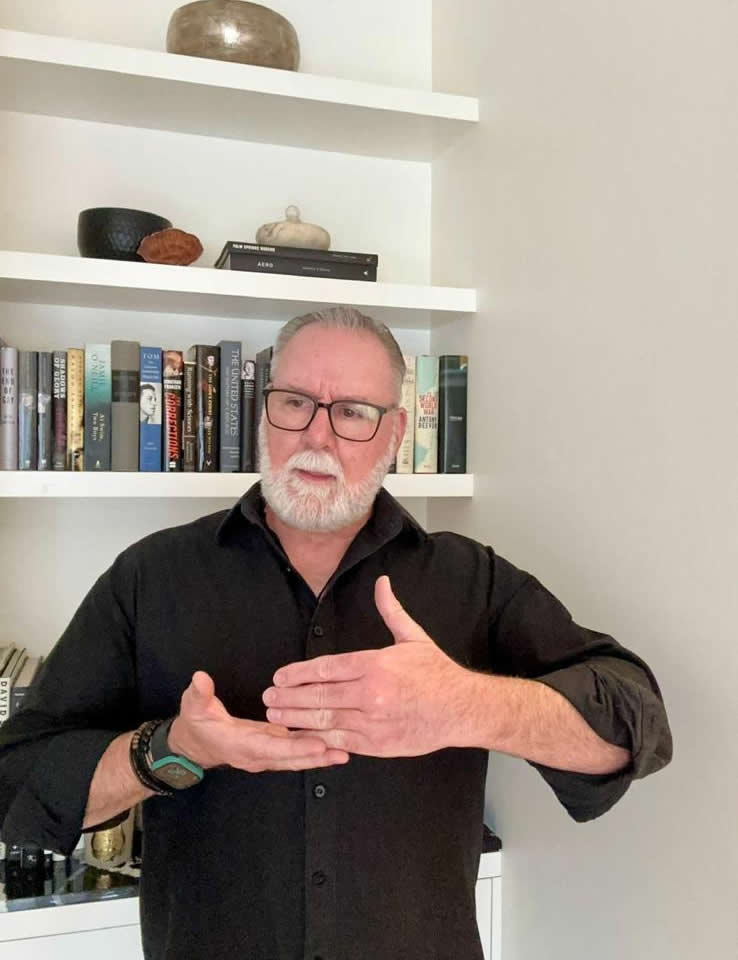
What are the Successful Sales Coaching Interventions you’ve led?
One of the most successful coaching interventions I’ve led involved transforming a sales team with low morale and declining revenue into a high-performing group through targeted mindset coaching and skill development. I introduced structured sales training programs, focusing on lead generation, closing techniques, and confidence-building. Within six weeks, the team saw a 35% increase in their closing rate. Another example is a tech company where I helped sales managers implement a coaching culture, resulting in improved team dynamics and sustained sales growth.
How do you capture diverse audiences with your messages?
To resonate with diverse audiences, I focus on tailoring my message to meet the needs of different segments, while keeping the core values consistent. I mix real-life stories with actionable strategies, ensuring my talks are both inspirational and practical. My communication style is dynamic, moving from formal to casual tones depending on the audience, and I use visual aids, personal anecdotes, and clear examples that relate to their specific challenges. Additionally, I often encourage interactive elements, allowing the audience to engage with the material, ask questions, and apply what they’ve learned.
How best do you assist clients to handle stage fright?
As someone deeply invested in my clients’ success, I encourage individuals to approach stage fright with preparation and mindset tools. I offer techniques like controlled breathing, visualization, and power posing to manage anxiety before stepping on stage. Another key technique I use is reframing the focus from personal fear to the value the speaker is providing to the audience. I coach my clients to practice thoroughly, familiarize themselves with the space, and mentally rehearse successful outcomes. This builds confidence and allows them to focus on delivering value rather than being caught up in nervousness.
How do you integrate storytelling in public speaking?
Storytelling is a powerful tool I integrate into my talks to make them relatable and thought-provoking. By sharing real-life experiences, either from my own career or from my clients’ journeys, I create an emotional connection with the audience. I structure these stories with a clear beginning, middle, and end, focusing on the challenges faced and the lessons learned. This not only holds the audience’s attention but also conveys deeper messages that inspire action. Stories help humanize the material, making it easier for people to internalize and apply the lessons to their own lives.
What are the techniques you apply to keep audience participation?
To encourage audience participation, I use techniques like open-ended questions, live polls, and interactive exercises during my presentations. I often incorporate role-playing scenarios or quick group discussions to engage people in the material. Another tactic is to create a comfortable environment where participants feel safe to ask questions or share their experiences. I also build in moments where the audience can reflect on key points, encouraging them to offer feedback or thoughts. The key is to make the experience interactive without putting anyone on the spot.
How do you deal and cope with hostile audience members?
Handling hostile or difficult audience members requires a calm, respectful approach. My advice is to acknowledge their concerns without becoming defensive, and, where possible, turn their negativity into a learning opportunity for the group. Engaging with empathy, asking clarifying questions, and offering to continue the conversation after the session often diffuses tension. In some cases, humour can also lighten the mood. It’s essential to remain composed and not let one person derail the entire session.
What advice could you proffer for improvement of public speaking skills?
For those looking to improve their public speaking skills, my advice is to practice consistently, starting with small, low-stakes environments. Record yourself and analyse both the content and delivery. Focus on clarity, pacing, and body language. It’s also crucial to know your audience and tailor your message to their interests and needs. Joining public speaking groups like Toastmasters can also provide constructive feedback. Lastly, don’t fear failure—each speech is an opportunity to grow and refine your skills.
What’s your opinion on global leadership?
In today’s world, leadership faces unprecedented challenges, with many leaders failing to rise to the occasion. I believe that effective global leadership requires a combination of empathy, adaptability, and a strong sense of integrity. Leaders should be visionaries who inspire action while remaining accountable for their decisions. Many modern leaders lack these qualities, which is why I focus on helping future leaders build trust, resilience, and the ability to lead teams in uncertain times.
What best describes you?
I’m a high-performance Sales Coach with a passion for helping sales teams and professionals unlock their potential. My style is practical, authentic, and results-oriented, and I strive to offer solutions that are tailored to each individual’s or team’s needs. My approach combines motivation, leadership development, and hands-on coaching to drive transformation.
What is your philosophy about life?
My philosophy is simple, continuous growth is the key to success. I believe that challenges are opportunities in disguise and that success comes from consistency, resilience, and a willingness to push beyond comfort zones. My approach is holistic, focusing on not only professional achievements but also personal fulfillment, as true high-performance stems from a balance in both areas.




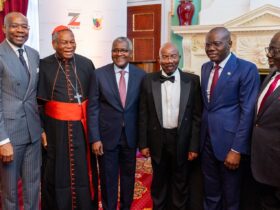

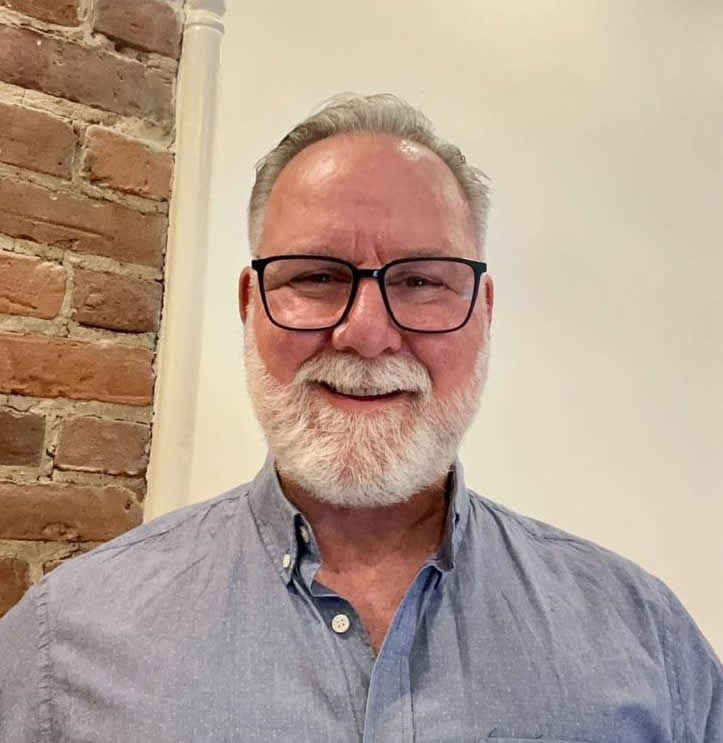




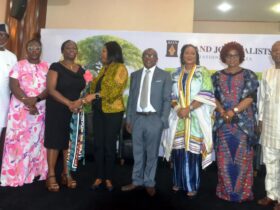










Leave a Reply